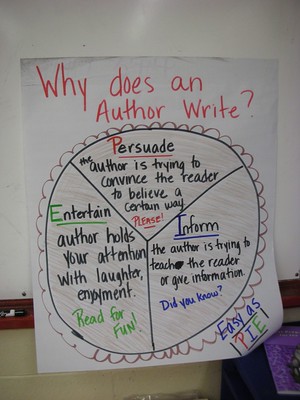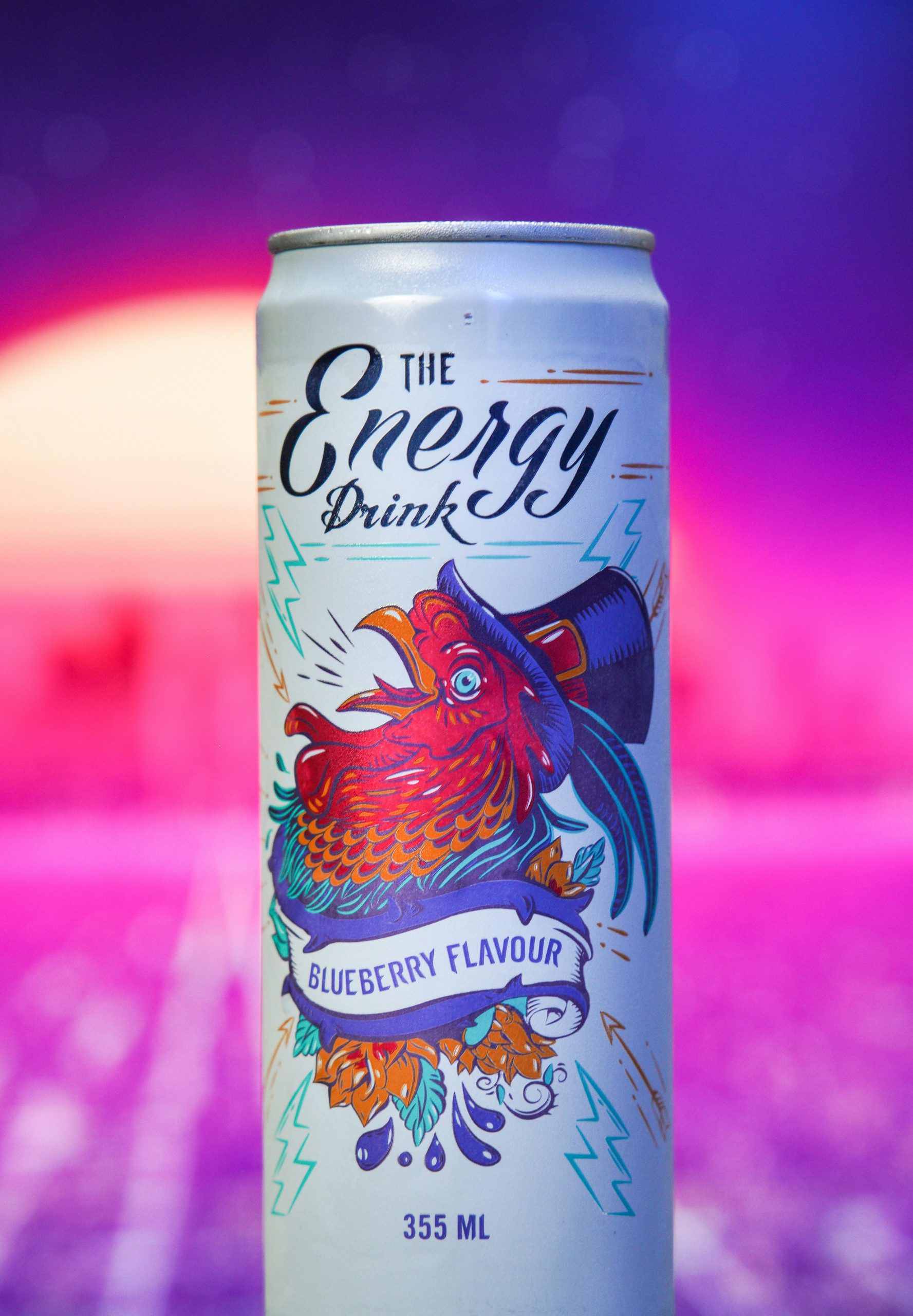Chapter 17: Purpose
Consider the Writer’s Purpose
As critical readers, it’s important to recognize WHY something is written. Identifying a writer’s purpose helps us to understand how much we can trust the author’s words and ideas.
There is a reason, or purpose, behind all written words. Think about it. Why did you write that last text message, jot those notes down in class, type that essay, or send a card to a friend? Being able to recognize the reason behind a piece of writing helps us to understand it better because we understand the writer’s intention, or goal. There are three primary reasons why something is written: to inform, persuade, or entertain.
Practice 17.1
Practice 17.2
Energy drinks are caffeinated beverages designed to temporarily boost alertness and energy. Popular brands often feature ingredients like caffeine, taurine, B vitamins, and herbal extracts such as guarana or ginseng. On average, a single can contains about 80-300 milligrams of caffeine—equivalent to 1-3 cups of coffee—along with high levels of sugar or artificial sweeteners. While they can help increase focus and combat fatigue in the short term, energy drinks come with potential downsides. Overconsumption can cause symptoms like headaches, rapid heart rate, digestive issues, or sleep disturbances. The FDA warns against consuming more than 400 milligrams of caffeine per day, and excessive intake can be especially dangerous for young adults, athletes, or individuals with underlying heart conditions. Moderation is key, and pairing energy drinks with hydration and balanced meals can minimize risks.
Energy drinks: the magical potions that transform sleep-deprived students into jittery overachievers. One sip, and suddenly, you’re ready to tackle a ten-page paper, clean your room for the first time all semester, and maybe even solve the mysteries of the universe—if your shaky hands don’t spill your drink first. But beware, these sugary supercharges come with a catch. That 3 a.m. energy high? It’s followed by a crash so epic you’ll feel like you just fought in a caffeine-powered boxing match. Your brain shuts down, your body protests, and you’re left wondering why something named “Tropical Lightning” has betrayed you. Still, when finals week comes calling, many of us are willing to risk it. After all, who needs sleep when you have neon-colored liquid courage?
Energy drinks promise to keep you awake through your midnight study session, but at what cost? Packed with caffeine, sugar, and artificial additives, energy drinks provide a fleeting buzz followed by a sharp crash that leaves you more exhausted than before. Worse, the long-term effects can be hazardous. Studies have linked overconsumption to increased risks of heart palpitations, anxiety, and even chronic conditions like high blood pressure. And let’s not forget your wallet—those cans aren’t cheap, often costing $3-$5 each! Instead of relying on these chemical cocktails, why not opt for healthier, sustainable solutions? Drinking water, eating protein-rich snacks, and maintaining a consistent sleep schedule are far better for your body and mind. Do yourself a favor: skip the flashy packaging and focus on fueling your energy the natural way. Your future self will thank you!
Attributions
Strengthening Reading and Comprehension by Audrey Cross and Katherine Sorenson is licensed under Creative Commons Attribution-NonCommercial 4.0 International
Media Attributions
- Why does the author write? © Judy Baxter is licensed under a CC BY-NC-SA (Attribution NonCommercial ShareAlike) license
- Water glass © Brendan Church
- Energy Drink © Caio Coelho
- Water with lemons © Melissa Walker Horn
(pûr-pəs), n.
The reason for which something is done or created; an intention or goal.
(prī-mĕr-ē), adj.
Of chief importance; first or earliest in order.




